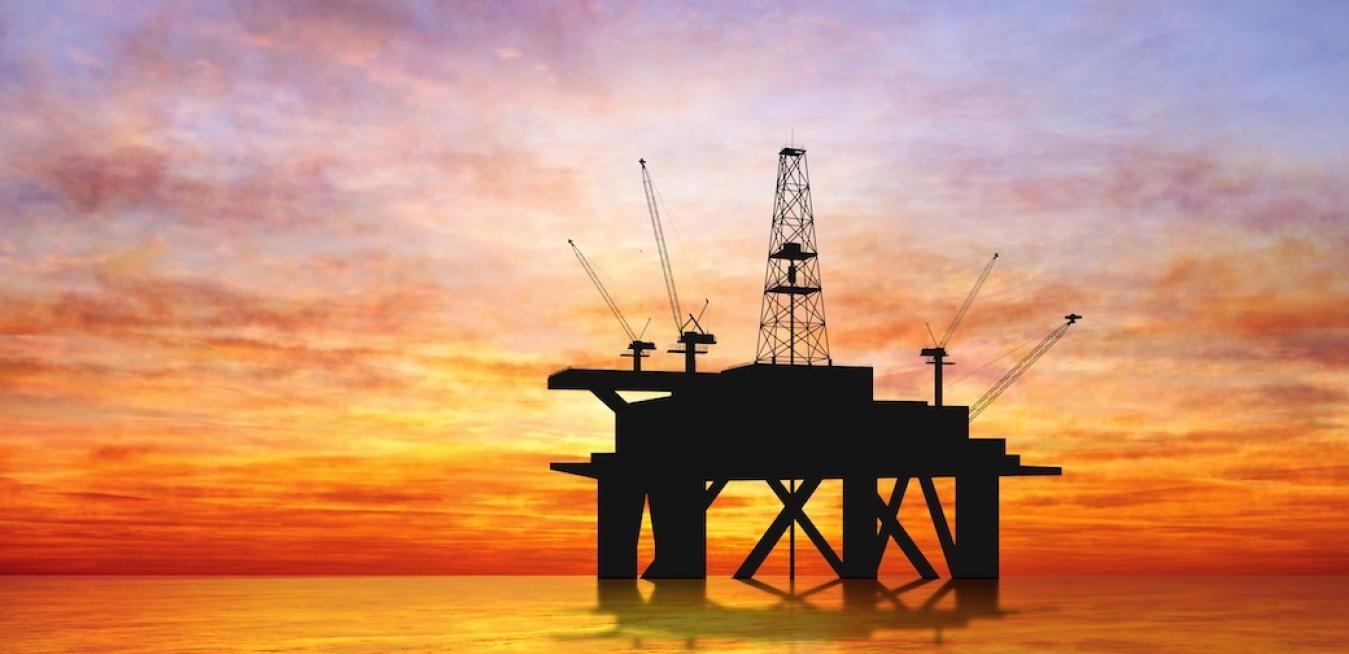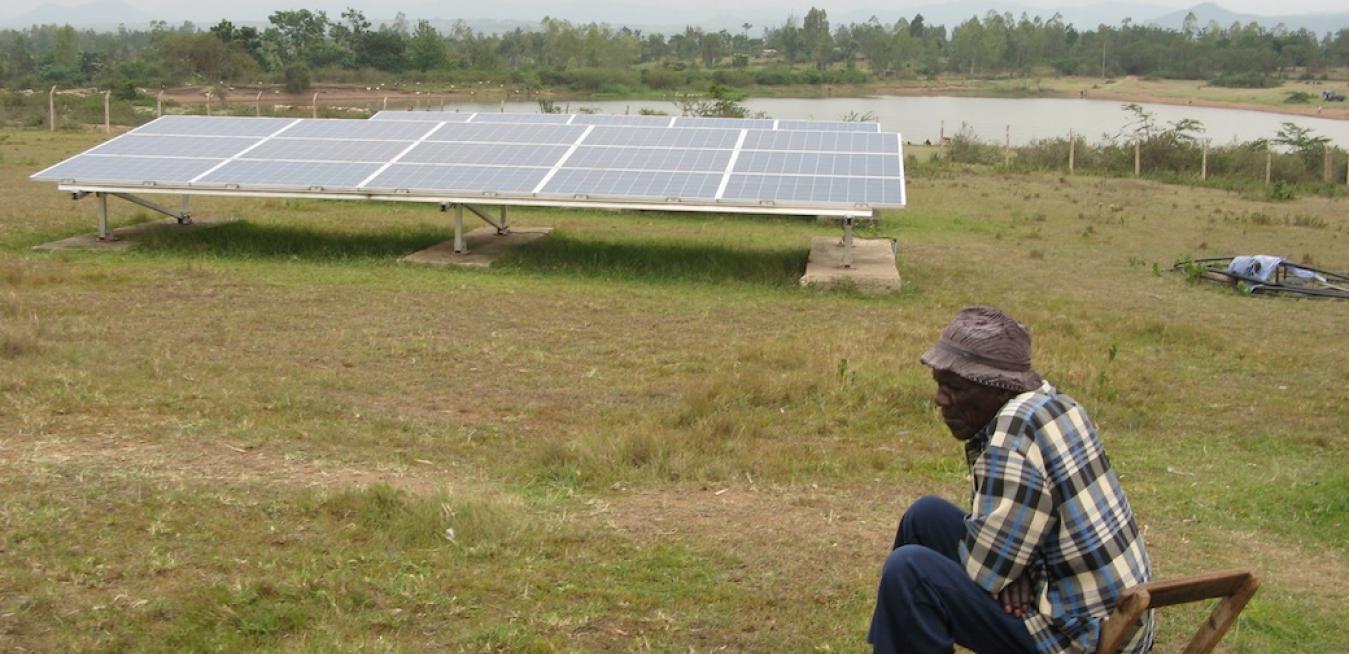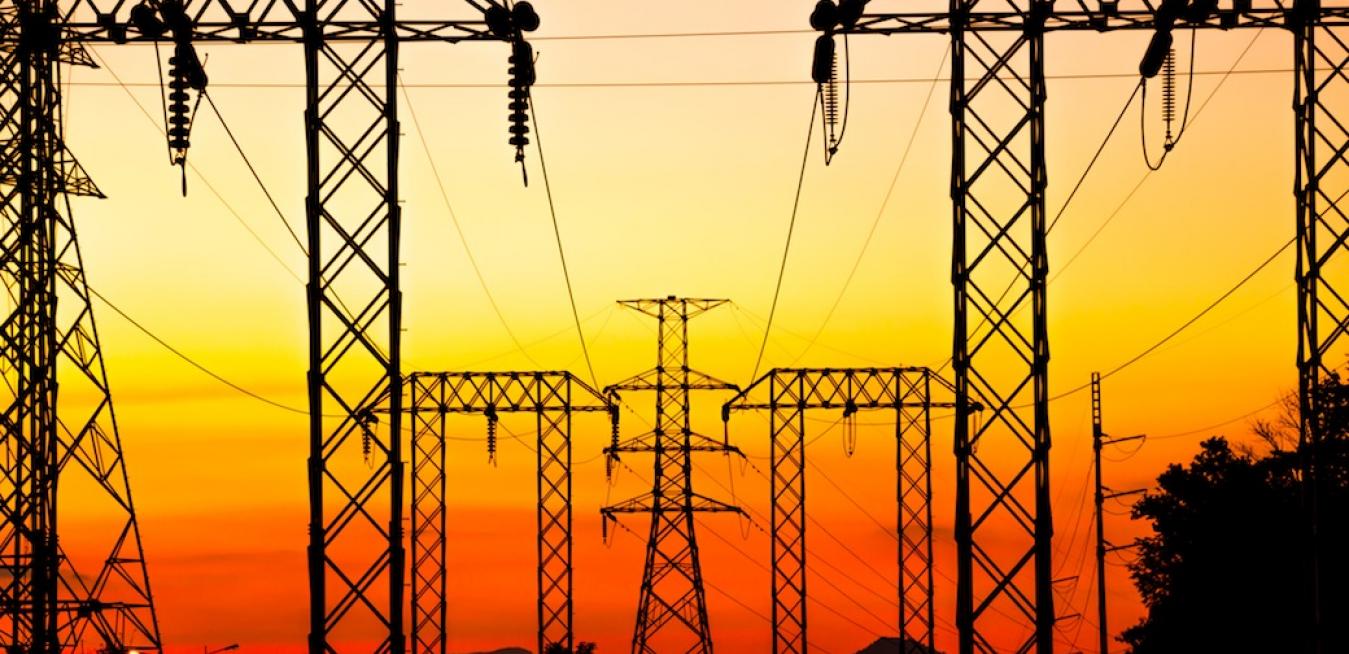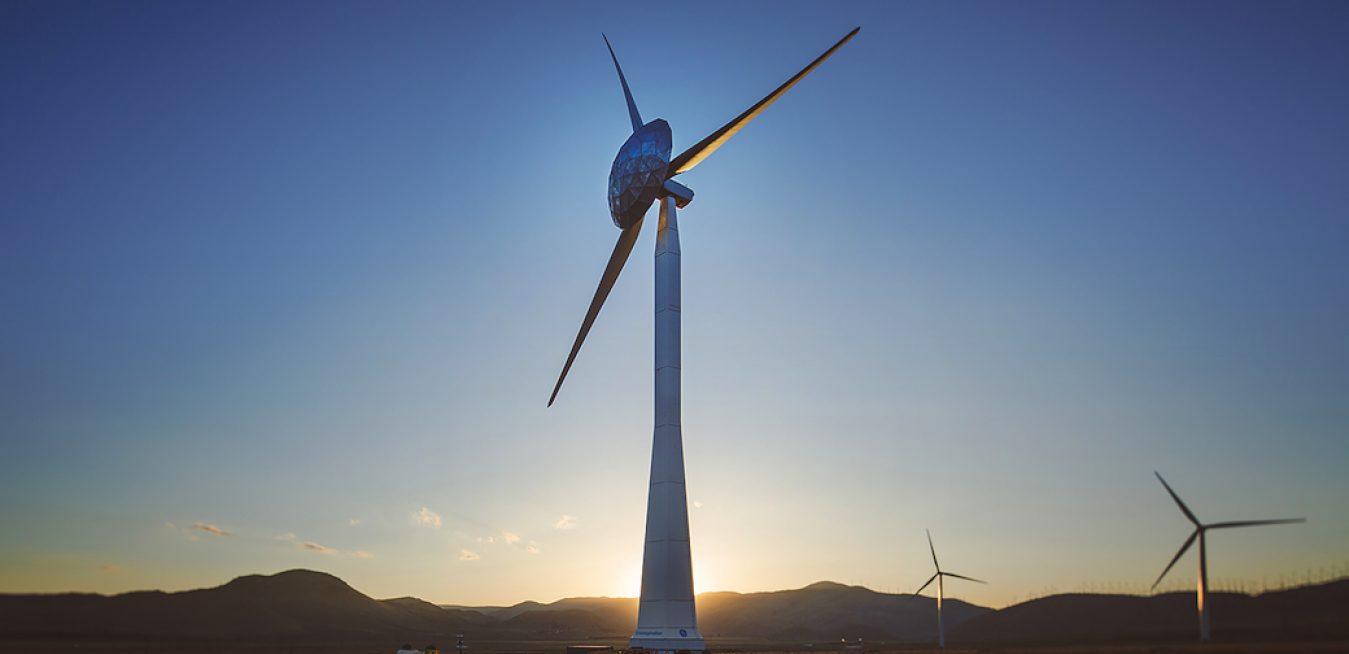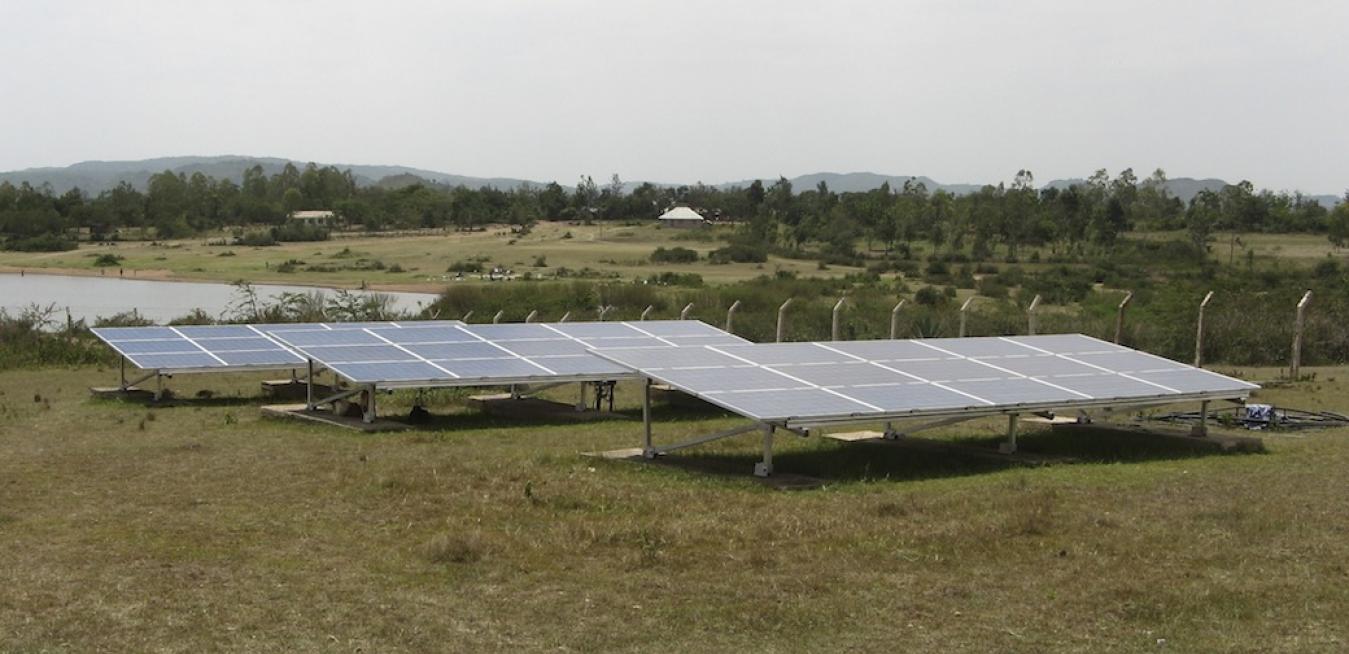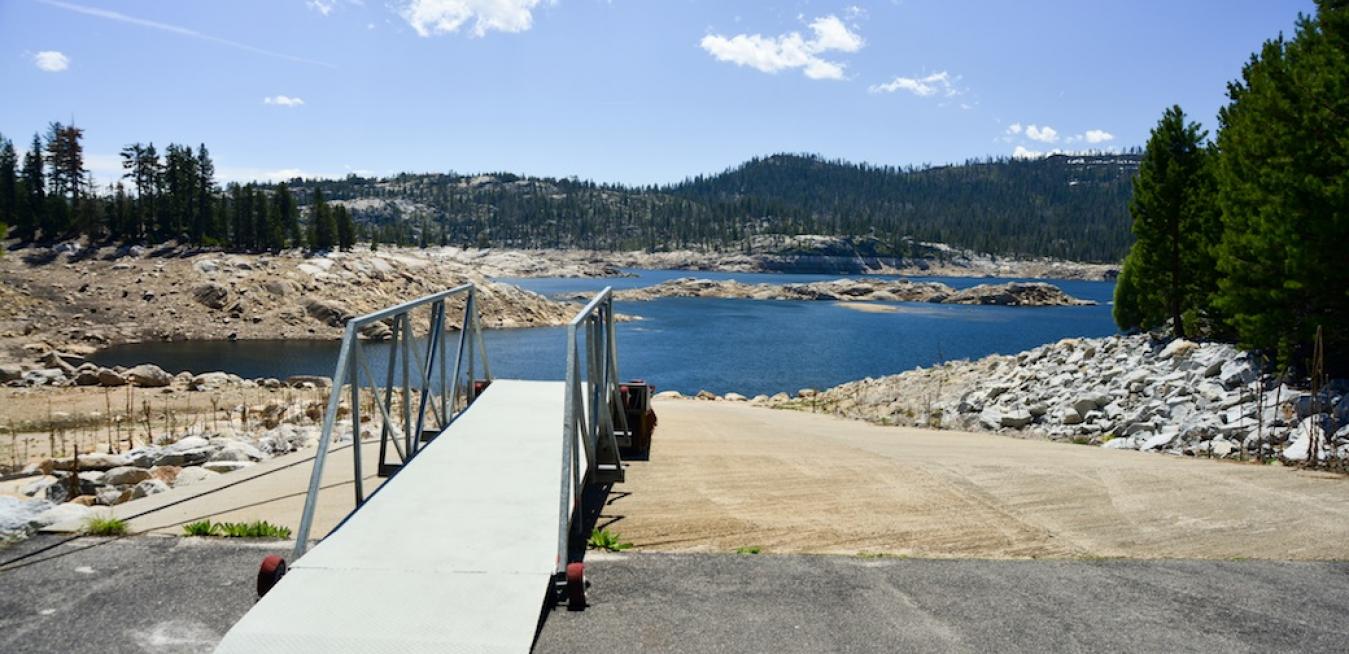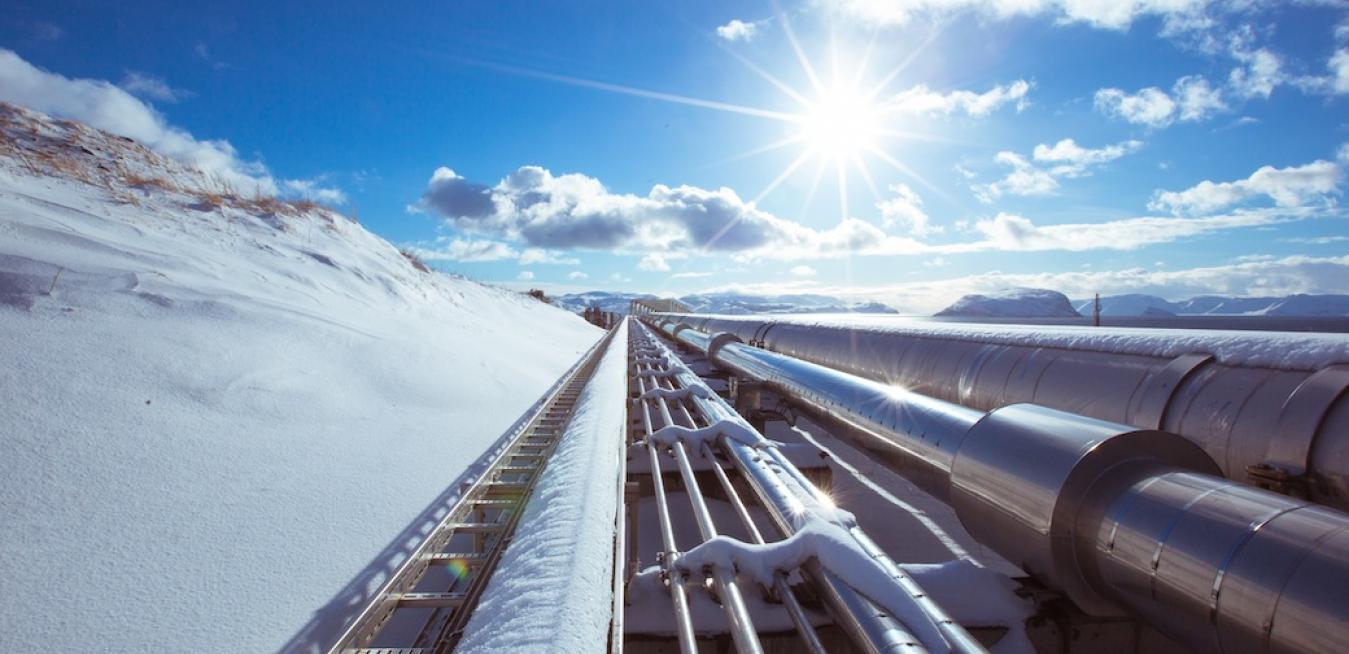Market changes are forcing the offshore industry to become smarter, leaner and more modern — and that’s a good thing.
Offshore oil and gas is one is one of the world’s most important industries. Its success powered much of the global development that took place in the latter 20th century, and the industry remains a key provider of energy to the world.
From President Obama to the Pope, there are growing signs of consensus for tackling climate change at a global scale.
This has been a big summer for climate diplomacy. So big, the 21st annual Conference of Parties to the U.N. Framework Convention on Climate Change, which will open with enormous media attention in Paris in late November, is already in part a success. Key developments include:
- the world’s largest greenhouse gas emitter — China — released a climate action plan, building on its climate agreement with the U.S. last fall,
With 600 million Africans hungry for electricity, off-grid energy is poised to take off — if local entrepreneurs can get the capital they need to scale their business.
Getting electricity to the 600 million people across Africa living without it is a major undertaking, and building large power plants to supply energy to national grids is only part of the solution. With much of the population living in remote areas, the off-grid energy sector in Africa is poised for takeoff.
Startups have demonstrated early progress on smart grid technologies and services, but they should keep an eye on what Congress does on grid modernization.
Natural gas can play an important role in reducing emissions from power generation, but it’s necessary to get the economics right.
In the global effort to reduce greenhouse gas emissions from the power sector, one fossil fuel is playing a key role: natural gas.
Stabilizing climate change requires ambitious action, but starting earlier will keep the price tag down.
When I ask during presentations whether the audience thinks we will ever stabilize climate change, most people say “yes.” But when I ask if they can imagine a zero-emissions world — a fully decarbonized economy — very few, if any, raise a hand.
African energy entrepreneurs are showing the way to bringing power to underserved populations, but face a number of challenges to closing the energy gap.
Water conservation is necessary, but not sufficient. We need to embrace water reuse to ensure supply is resilient to climate change, population growth and economic growth.
By making the most out of the water already being used, we can protect increasingly scarce freshwater supplies.
Over 700 million people live in water-stressed areas today. By 2030, the Water Resources Group expects a 50 percent growth in global water demand, which will yield a 40 percent shortage given the expected water supply in the same time period.
Natural gas can provide fast and flexible power to people who need it, with the right policies in place.
World supplies of gas are increasing, and so is global demand for electricity. In this new “Age of Gas,” the challenge is to ensure steady power access to people around the world — especially in underserved regions of the world where a fifth of the population still lives without electricity — and do it in a sustainable way.
